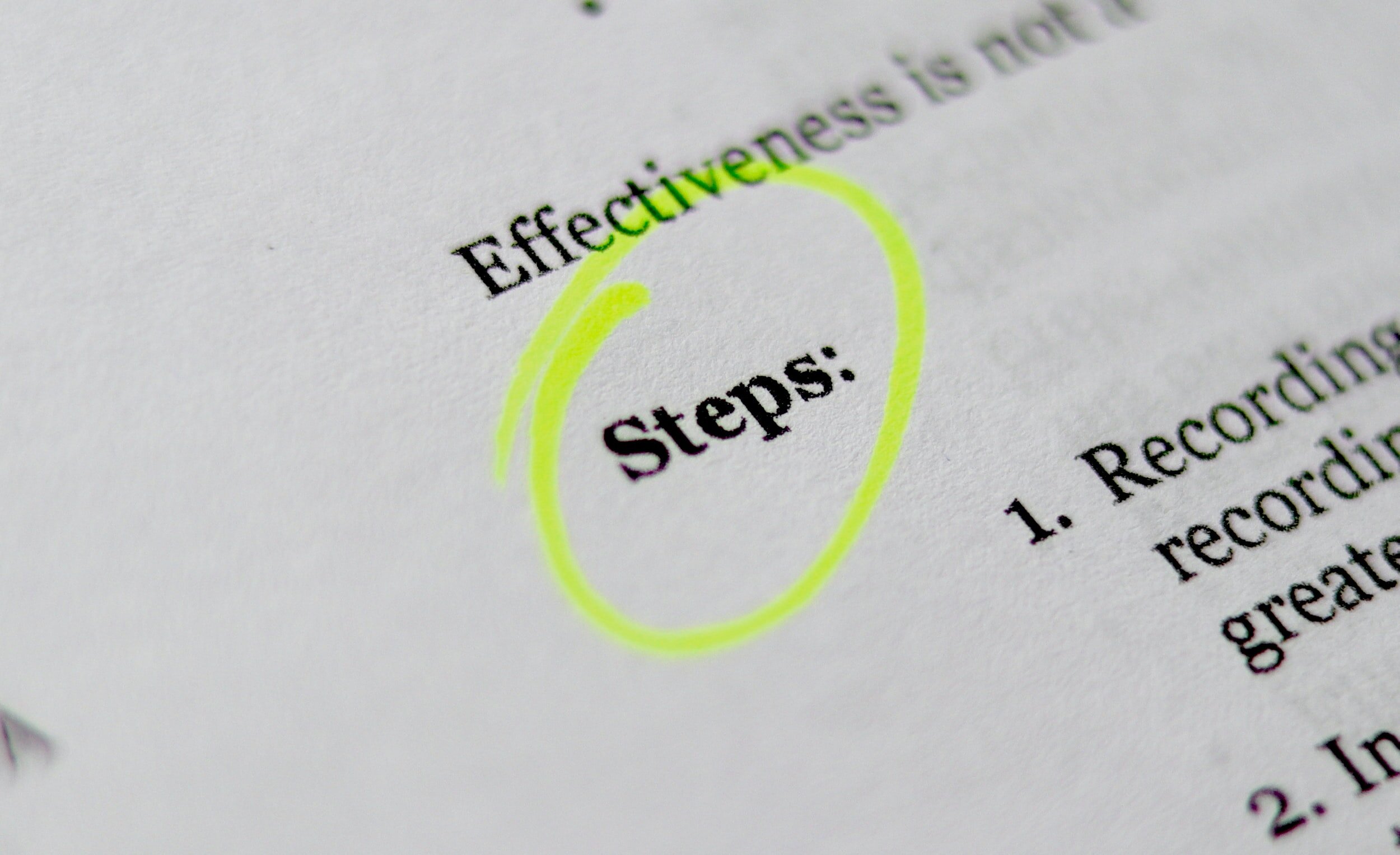How to Improve Your Domain Knowledge
/There's no easier time to feel uncomfortable than at the start of a project in a new domain. Yes, the journey ahead may seem challenging and interesting, but anxiety quickly builds up when you think of how little you know and how much groundwork there is to be done before you can add value to the project.
BABOK defines a domain as an area undergoing analysis. A domain can be an entire organization or a unit within that organization. While some domains are quite straightforward, others are rather complex. Even the ones that seem straightforward may have some elements of complexity. For example, Supply Chain Management is quite broad and covers transportation planning, distribution planning, warehousing, inventory management and procurement. Domain knowledge can relate to specific industries such as health, insurance and manufacturing, or business units such as sales, marketing and IT.
Business Analysts should be effective at learning new business domains and be able to translate that knowledge to eliciting requirements. While business analysis skills are easily transferrable from one domain to another, domain knowledge has to be learnt as the analyst moves from project to project. BABOK identifies learning as essential to performing business analysis work and defines it as a set of stages that involve an initial acquisition of facts, comprehension, application, analysis, synthesis and evaluation.
Once facts are gathered and understood, the analyst must be able to use that knowledge to elicit requirements, analyze the situation and synthesize the information elicited to proffer recommendations which can then be subsequently evaluated.
I do not believe that domain knowledge should be a prerequisite for getting a Business Analyst Job. There are numerous skills that matter in Business Analysis and domain knowledge is only one of them. To improve your value as a business analyst however, domain knowledge is certainly critical to your career advancement. That's one of the few ways to prove your worth over time.
If you are an analyst with limited or no domain experience, what steps should you take to improve your knowledge of the domain?
Whether you're on a new project or just starting your business analyst career, here are some ideas for improving your domain knowledge:
1. Research – I once worked on a project that involved the development of an MRP application. At the start of the project, I felt overwhelmed and completely out of my comfort zone. I knew I had to get up to speed and fast. I downloaded as many papers and case studies as I could find online and read up on what other businesses in the industry were doing. It took time and sweat but it eventually paid off. I eventually started “talking the talk”.
Key Takeaway: Consult any relevant documents you can get your hands on. See Understanding the Document Analysis Technique. Also, avoid Analysis Paralysis. Learn to sift through masses of information, take what you need and move on.
2. Interview Key Stakeholders – Arrange to meet with subject matter experts. This meeting can be an informal meeting in a café or a workshop setting. Stakeholders are usually open to providing information if they know the benefits that are likely to come their way if they do. The more knowledgeable the stakeholder, the better. Start with open-ended questions before asking specific questions. The more open-ended the questions are, the more you will learn.
To learn, you need to ask questions. The quality of follow-up questions you can ask however, depends largely on how well you understand the domain – a typical chicken and egg situation.
Note that there's a limit to how many fundamental questions about the domain you can ask stakeholders. They may start to lose confidence in your abilities if they have to start explaining the “basic” principles of the domain to you.
Key Takeaway: Do some research before you start interviewing key stakeholders. This way, it will be much easier to follow when discussing with them. Avoid asking “basic” questions you can learn from your own research to free up stakeholders' time for pertinent questions.
3. Keep a Knowledge Book – For any project I start in a new domain, I keep what I like to call a “Knowledge Book”. In this excel workbook, I enter all the information I have gathered about the domain – process information, participants, facts, definitions and acronyms related to the domain. This book becomes my faithful companion and ever-reliable reference guide.
Once you understand the basic terms of the domain, half the battle is won. Every industry has its peculiar terms. These terms can get you flustered when they're thrown around the first time. Take note of them and find out what they mean. The next time you hear them, they won't sound strange at all and you may even have a word or two to say about them.
Key Takeaway: Take note of all the new things you learn as you go along so that you can always have your own reference. With this, you will never have to start from scratch again as far as that domain is concerned.
4. Immerse Yourself – Immerse yourself in the domain by talking to users and subscribing to newsletters that provide industry updates. Be in a state of continually seeking the knowledge you need to deliver the expected benefits. For example, if you're in the insurance industry, subscribe to websites like Insurance Times for regular updates.
Key Takeaway: Immersing yourself in a domain involves networking with business users, domain experts and customers to be able to see things from their perspectives. Receiving regular industry updates in the form of tweets, news articles and newsletters can also ease the immersion process and reveal multiple perspectives to industry issues.
5. Gain Industry Certification - This is a longer and perhaps tougher route and you may not have enough time if you are working on a fast-paced project. This route is however, preferable if you would like to have a deep knowledge of a specific business area. The CPA accreditation for example, is designed for accountants, CEHA for real estate and CLP for Logistics Professionals, to mention a few. Decide what level of knowledge you would like to attain and find out how much experience you need to proceed with the certification.
Key Takeaway: Having sufficient knowledge of a business domain can set you apart from the rest of the pack; invest time in learning and demonstrating that you know how the business works.
6. Find Training Courses: Take advantage of free courses online that teach fundamental concepts in specific domains. Here's an article on this: Improve Your Domain Knowledge With This List Of Free Courses.
For more ideas on effective techniques for improving your domain knowledge, view a summary below:










Transporting hazardous liquids is a critical operation across industries like chemicals, mining, and agriculture. With growing demand and increasing emphasis on sustainability, businesses are facing heightened challenges and responsibilities in 2025